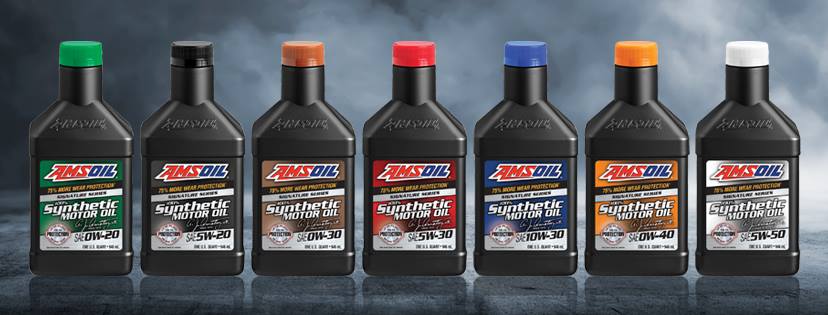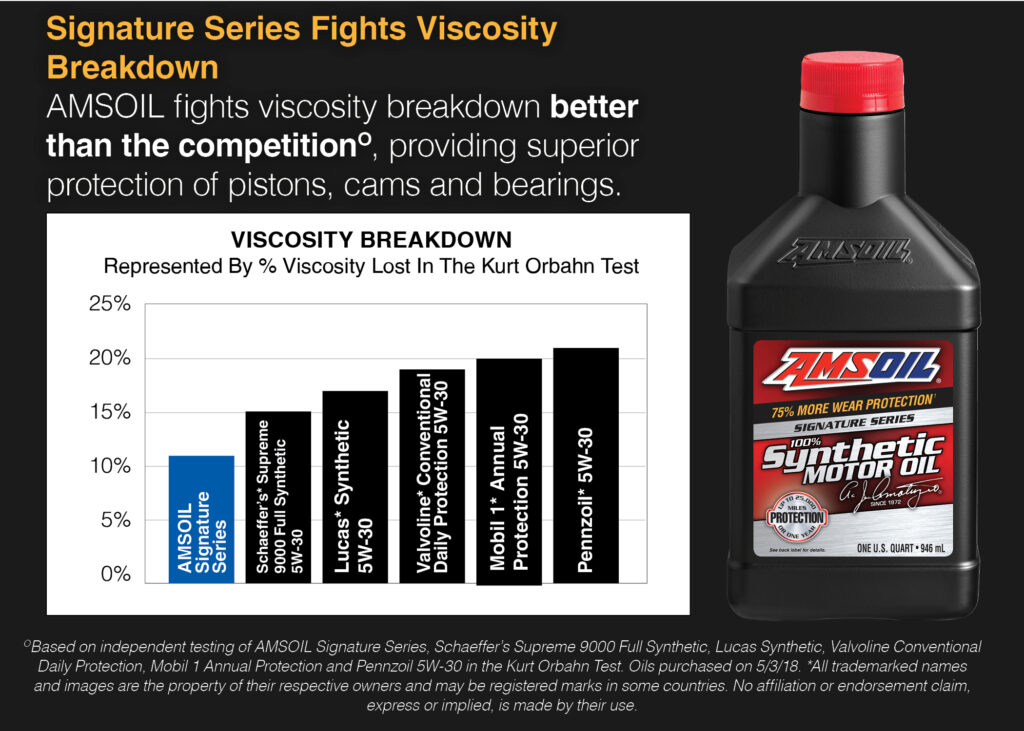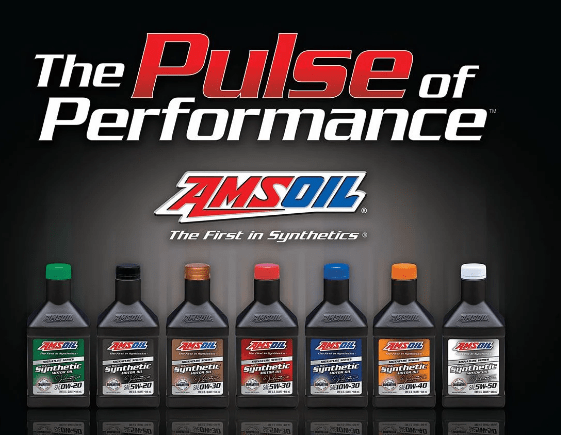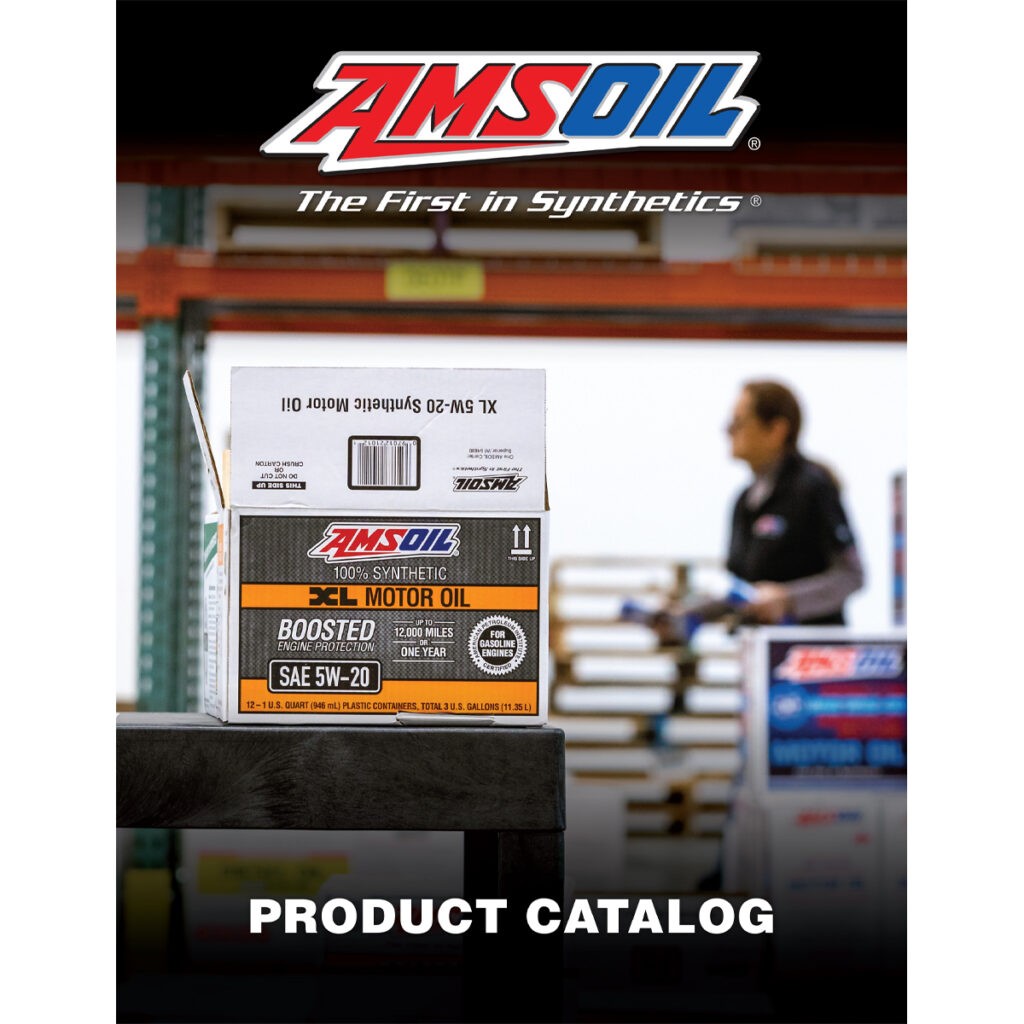Unveiling the Truth: How Long Does Synthetic Oil Really Last?
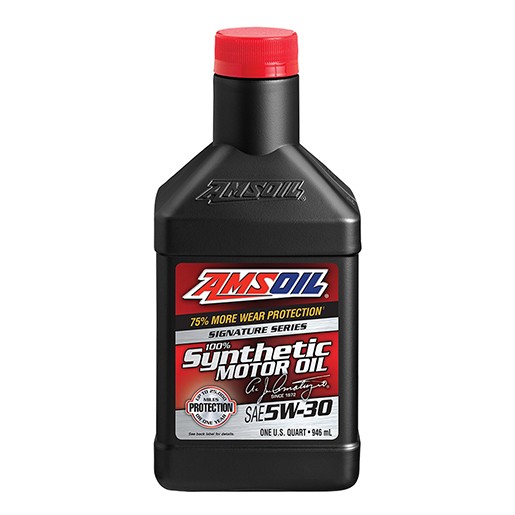
Are you considering switching to synthetic oil for your vehicle but unsure about its lifespan? Look no further – we’re here to unveil the truth about how long synthetic oil really lasts.
Synthetic oil has gained popularity in recent years for its superior performance and protection compared to conventional oil. But there’s still some confusion around its lifespan. Some claim it can last up to 25,000 miles or more, while others argue it’s just a marketing gimmick.
In reality, the longevity of synthetic oil depends on various factors, such as the quality of the oil, driving conditions, and the manufacturer’s recommendations. While some high-quality synthetic oils can last up to 25,000 miles, it’s generally recommended to change it every 7,500 to 10,000 miles for most vehicles.
Moreover, synthetic oil offers benefits beyond extended mileage intervals. It provides better engine protection, improves fuel efficiency, reduces engine wear, and enhances performance, making it a worthwhile investment for your vehicle.
So, if you’re looking for a reliable, long-lasting oil that offers top-notch performance, synthetic oil is worth considering. Let’s dive deeper into the truth behind its lifespan and why it’s the preferred choice for many vehicle owners.
The benefits of using synthetic oil
Synthetic oil has gained popularity in recent years due to its superior performance and protection compared to conventional oil. Unlike conventional oil, which is derived from crude oil, synthetic oil is specially engineered in a laboratory. This allows it to have a more uniform molecular structure, resulting in better lubrication properties and resistance to breakdown.
One of the key benefits of synthetic oil is its ability to withstand extreme temperatures. Whether you’re driving in scorching heat or freezing cold, synthetic oil maintains its viscosity better than conventional oil, ensuring optimal engine performance. Additionally, synthetic oil provides better engine protection by reducing friction and wear on engine components.
Another advantage of synthetic oil is its ability to improve fuel efficiency. Its low-friction properties allow the engine to run more smoothly, reducing the energy wasted on overcoming internal friction. This results in better fuel economy and savings at the pump.
Understanding the lifespan of synthetic oil
Now let’s delve into the lifespan of synthetic oil. The general consensus is that synthetic oil can last longer than conventional oil, but the exact duration depends on various factors. High-quality synthetic oils are designed to provide extended mileage intervals, with some claiming to last up to 15,000 miles or more before requiring an oil change.
However, it’s important to note that not all vehicles and driving conditions are the same. The manufacturer’s recommendations and the type of driving you do can significantly impact the lifespan of synthetic oil. For most vehicles, it’s generally recommended to change synthetic oil every 7,500 to 10,000 miles.
Factors that affect the lifespan of synthetic oil
Several factors can affect how long synthetic oil lasts in your vehicle. The first factor is the quality of the oil itself. High-quality synthetic oils are formulated with advanced additives and base oils that offer superior protection and resistance to breakdown. Choosing a reputable brand known for its quality can ensure that your oil lasts longer.
Next, the driving conditions play a crucial role in determining oil lifespan. If you frequently drive in severe
conditions, such as extreme heat or cold, heavy traffic, or dusty environments, the oil may break down faster and require more frequent changes. Additionally, frequent short trips and stop-and-go driving can also contribute to oil degradation.
Lastly, the manufacturer’s recommendations should be followed to ensure optimal performance and longevity of the engine. Each vehicle has different requirements, and the manufacturer’s guidelines take into account the specific engine design, oil capacity, and operating conditions. Ignoring these recommendations can lead to premature engine wear and potential warranty issues.
Common misconceptions about synthetic oil lifespan
There are a few common misconceptions surrounding the lifespan of synthetic oil that we need to address. Firstly, some people believe that synthetic oil can last indefinitely, which is not true. While synthetic oil can last longer than conventional oil, it will eventually break down and lose its effectiveness.
Secondly, there is a misconception that changing synthetic oil too frequently is unnecessary and wasteful.
While synthetic oil does have a longer lifespan, it still requires regular changes to ensure optimal engine performance and protection. Neglecting oil changes can lead to increased engine wear, decreased fuel efficiency, and potential engine damage.

How to determine when synthetic oil needs to be changed
So, how do you determine when it’s time to change your synthetic oil? The most accurate method is to follow the manufacturer’s recommendations outlined in your vehicle’s owner’s manual. This takes into account the specific requirements of your engine and ensures that you’re changing the oil at the right intervals.
However, if you want to keep a closer eye on your oil’s condition, you can also perform regular oil analysis. Oil analysis involves sending a sample of your oil to a laboratory for testing. The lab will analyze the oil for contaminants, wear metals, and other indicators of oil degradation. Based on the results, you can determine if the oil needs to be changed sooner or can last longer.
Signs of synthetic oil degradation
In addition to following the manufacturer’s recommendations and performing oil analysis, there are a few signs that indicate your synthetic oil may be degrading and in need of a change. One of the most apparent signs is a change in oil color and consistency. If the oil becomes dark and sludgy, it’s a clear indication that it’s time for an oil change.
Other signs of oil degradation include increased engine noise, decreased fuel efficiency, and reduced engine performance. If you notice any of these symptoms, it’s best to have your oil checked and changed if necessary.
Best practices for maintaining synthetic oil longevity
To maximize the lifespan of synthetic oil, there are a few best practices you should follow. Firstly, ensure that you’re using the right type and viscosity of synthetic oil recommended by the manufacturer. Using the wrong oil can lead to increased wear and decreased performance.
Regularly checking your oil level and topping it up when necessary is also important. Synthetic oil, like any
other oil, can be consumed or leaked over time. Maintaining the proper oil level ensures that your engine is adequately lubricated.
Lastly, keeping up with other routine maintenance tasks, such as regular filter changes and engine inspections, can further enhance the longevity of your synthetic oil. Clean filters help prevent contaminants from entering the engine and causing premature wear, while regular inspections allow for early detection of potential issues.
Extended oil change intervals with synthetic oil
One of the significant advantages of synthetic oil is the potential for extended oil change intervals. While it’s generally recommended to change synthetic oil every 7,500 to 10,000 miles, some high-quality synthetic oils can last even longer.
For certain vehicles and driving conditions, manufacturers have introduced extended oil change intervals of up to 25,000 miles or more. These extended intervals are made possible due to advancements in oil technology and engine design.
However, it’s important to note that extended oil change intervals should only be followed if your vehicle and driving conditions meet the manufacturer’s requirements. Neglecting oil changes or extending intervals without proper justification can lead to engine damage and voided warranties.
This is the synthetic motor oil professional engine builders recommend.
AMSOIL Signature Series 100% Synthetic Motor Oil is recommended by professional engine builders and racers around the world. AMSOIL was founded on innovation, beginning with our introduction of the world’s first API-qualified synthetic motor oil. By ignoring commonly accepted limitations and refusing to stop short of success, we set a new benchmark for lubricant performance. These same principles continue to guide our product development, resulting in Signature Series Synthetic Motor Oil. Signature Series is not only the best oil we have ever made, it’s also better than any competitor oil we have tested. Some may claim that Signature Series is over-engineered. Perfect. It’s not for everyone. It’s for those who want the absolute best engine protection — and it delivers.
Conclusion: Making informed decisions about synthetic oil lifespan.
In conclusion, synthetic oil offers numerous benefits, including improved engine protection, fuel efficiency, and overall performance. While the exact lifespan of synthetic oil varies depending on factors such as oil quality, driving conditions, and manufacturer recommendations, it generally lasts longer than conventional oil.
To ensure that you’re making informed decisions about synthetic oil lifespan, it’s essential to follow the
manufacturer’s recommendations, perform regular oil analysis, and be aware of signs of oil degradation. By doing so, you can enjoy the full benefits of synthetic oil and keep your engine running smoothly for miles to come.


